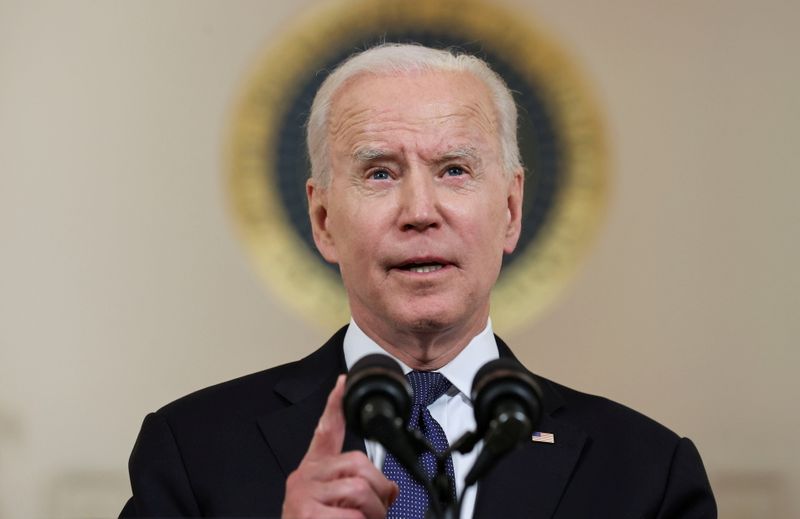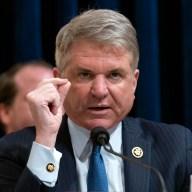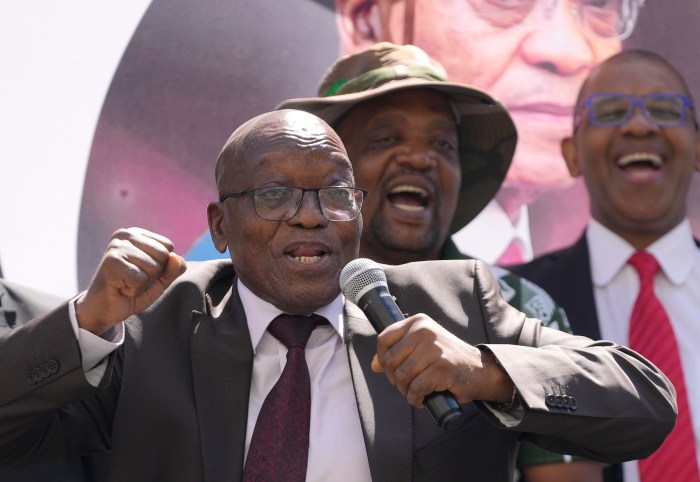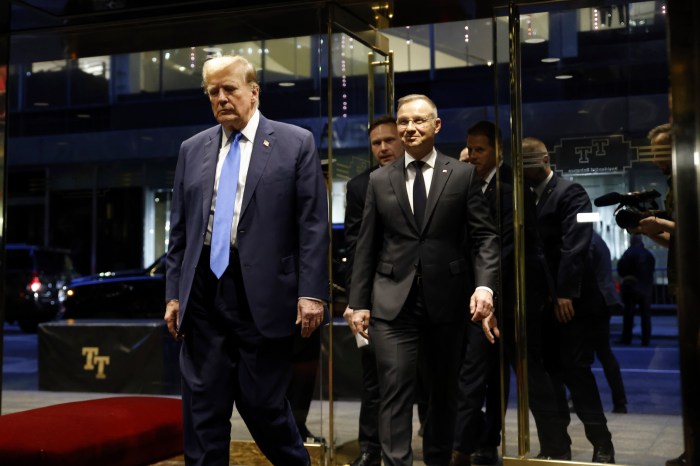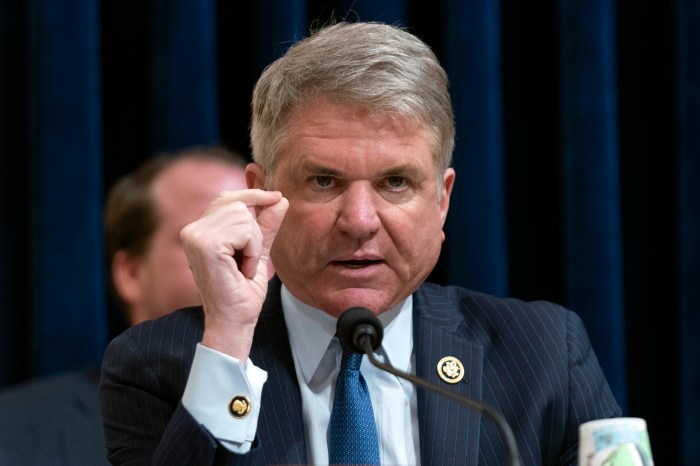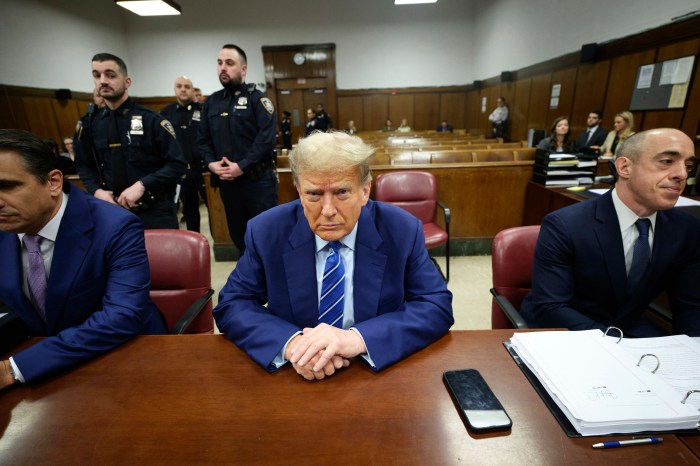WASHINGTON (Reuters) – U.S. President Joe Biden took office in January determined to focus his time and energy on the coronavirus pandemic and economic downturn at home and big challenges such as China, Russia and Iran abroad.
But after a Gaza conflict that required intensive behind-the-scenes U.S. diplomacy, his aides are having to reorder their priorities as they seek to stabilize an Israel-Hamas ceasefire, craft a reconstruction aid plan for the Palestinians and prevent a recurrence of what became Biden’s first foreign policy crisis.
The focus, one U.S. official said, is on “what would come next, with an eye towards moving beyond the violence … so that we do all we can to minimize the chances that we find ourselves back here in five years or two years.”
The administration’s more activist tone is a clear departure from the stand-back approach that marked the first few months in office for a president reluctant to tackle the decades-old Israeli-Palestinian conflict, which confounded the peacemaking efforts of his recent predecessors.
He still has shown no immediate interest in plunging into an new bid to revitalize long-dormant peace efforts at a time when most analysts see little or no prospect for successful negotiations.
But there are growing signs of renewed U.S. engagement now that the rocket fire from Gaza and Israeli bombardments appear to have ceased. This comes after Biden faced heavy pressure to take on a more assertive role – as well as a stronger line with Israel – from progressive Democrats whose support was crucial to his 2020 election victory.
Following what U.S. officials described as round-the-clock diplomatic contacts that helped achieve a ceasefire deal on Thursday, Biden is dispatching Secretary of State Antony Blinken to meet with Israeli, Palestinian and regional leaders in coming days on his first visit to the Middle East.
MAJOR AID PACKAGE
Topping the list of U.S. tasks will be to assemble major humanitarian and reconstruction aid for Gaza. After days of Israeli air strikes, Gaza officials said 16,800 homes had been damaged, and residents were receiving only three or four hours of power a day. Palestinian officials put the cost of reconstruction in the tens of millions of dollars.
Biden said on Thursday the United States would work through the United Nations and with other international stakeholders and that such assistance would be coordinated with the Palestinian Authority, Hamas’ rival, which governs only in parts of the occupied West Bank. Hamas is deemed a terrorist group in the West and by Israel, which the militants have vowed to destroy.
U.S. officials said the administration was preparing an assistance package and announcements are expected soon. That would be in addition to the $235 million in U.S. aid to the Palestinians announced in April, restarting funding for the United Nations agency supporting refugees and restoring other assistance cut off by then-President Donald Trump.
Another move under consideration aimed at repairing ties with the Palestinians that all but collapsed during Trump’s tenure would be reopening the U.S. consulate in East Jerusalem that served the Palestinians and which Trump closed, a person close to the matter said.
At the same time, the Biden administration is looking to leverage the so-called Abraham Accords, agreements reached under Trump for normalization of relations between Israel and Gulf neighbors Bahrain and the United Arab Emirates as well as Morocco and Sudan, to help facilitate contacts between Israel and the Palestinians, U.S. officials said.
Many Palestinians say they felt betrayed by their Arab brethren for agreeing deals with Israel without demanding progress toward the creation of a Palestinian state.
“What we’ve learned from the Abraham Accords is that when you ignore the Palestinian-Israeli conflict in doing this, that not only does it dim the prospects for negotiations, but it actually has the possibility of adding another spark,” the U.S. official said.
Any effort to draw a link between Israel’s normalization with Arab states and the latest violence would likely be rejected by Israeli Prime Minister Benjamin Netanyahu. Biden spoke to him six times during ceasefire negotiations, and though the right-wing leader, who was close to Trump, ultimately agreed to halt air strikes, they remain at odds over the Iran nuclear deal and other issues.
Progressive Democrats said they were pleased with the ceasefire but called on the Biden administration to work towards a longer-term solution.
“We can build on this progress by addressing the root causes of the violence, and work towards a two-state solution, and an end to the blockade & occupation, while pressing for a lasting peace for Israelis & Palestinians,” U.S. Representative Ro Khanna wrote on Twitter.
Pressure on the Biden administration is also building internationally.
At the United Nations, a senior Arab diplomat, speaking on condition of anonymity, said “immediate engagement with the heavy weight” of the U.S. administration was now needed within the “right parameters” to resume broader efforts to achieve peace.
There has even been talk of revitalizing the Middle East quartet of mediators – a longtime grouping of the United States, Russia, the European Union and the United Nations that was little used during the Trump years – to try to coax the Israelis and Palestinians back to the negotiating table.
But analysts hold out little hope for any major diplomatic initiative anytime soon.
(Additional reporting by Michelle Nichols in New York; Writing by Matt Spetalnick; Editing by Mary Milliken and Daniel Wallis)

